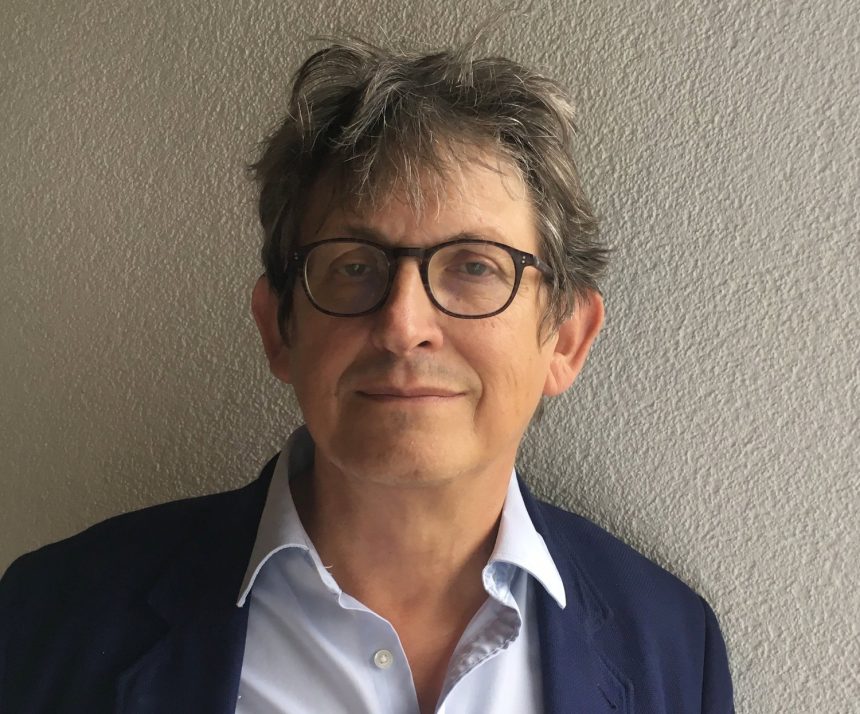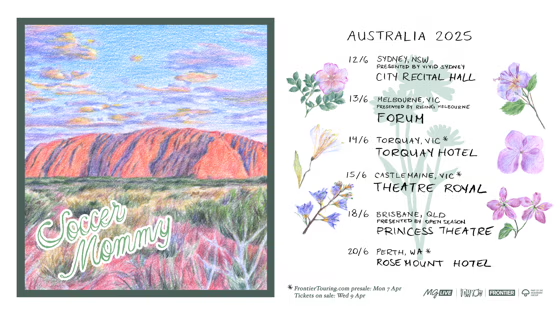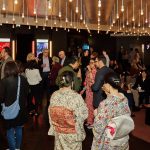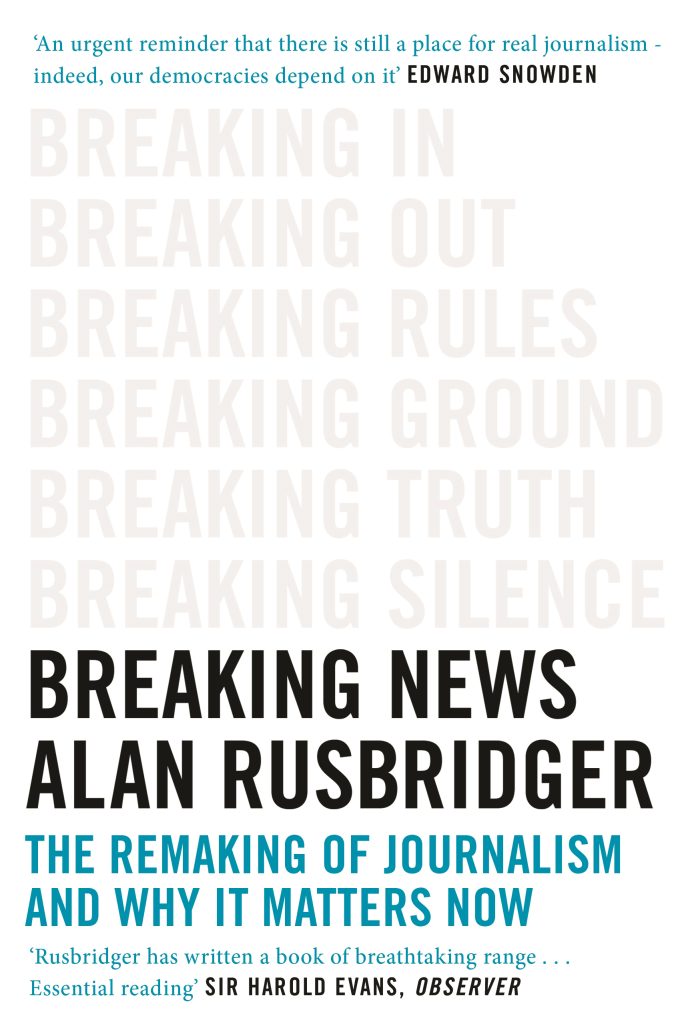
A bit like Irresistible, there’s a move all over the world to smaller media outfits which are not chasing the daily news and are a bit more local or a bit more long- form. How do you see that model working out so far?
It is working out on a small scale. In the U.K. we have the The Manchester Mill, The Bristol Cable, Guildford Dragon, and another one in London called London Centric. They’re all doing the same kind of thing which is to get off the treadmill of daily news and try and do things that matter to people. At the moment, they’re having some success. They’re all struggling for money, but I have to believe that if you do things that readers feel are important to their lives, or important to society, they will back you. The Guardian made that work. London Centric for example, is tiny, but it has something like 10,000 paying subscribers on Substack. If they’re each paying £60 or £70 a year, that’s not a bad income stream. You can start doing proper journalism with that. I think it’s a good model.
What advice would you give to smaller publications who might feel the pull to write about something that has just happened and get lost in the news cycle?
I think you have to have a very clear sense of what you are doing. So, if you are trying to do journalism that is not part of the fast daily news, you can think about where it is going? If you make the mistake of plunging in and doing news in- the- minute, then you just become part of the general noise, and you’re going be be drowned out, because there are so many people doing that who have much bigger resources. It’s very important to hold onto the USP of whatever it is you’re doing and not get deflected, and to concentrate on a few things. Decide what it is that you and only you can do, and stick with it.
Were there parts of The Guardian that tried to run with that model in mind?
When The Guardian moved to America, it didn’t really work at first, because we were trying to be this big broad thing. Then Janine Gibson took over Guardian US as editor-in-chief, and made the call to do two or three things in depth. On of those things she decided on was national security. A really bold choice. It turned out Edward Snowden was one of the people that was reading that, and suddenly The Guardian was the most famous paper in America. It was priceless marketing.
The recent takeover of The Observer by Tortoise Media caused staff to strike. Do you think it was a good idea?
Tortoise is a good news organisation with good journalists, and James Harding is a good editor, so I’m sure they’ll produce a good Observer. That was never the question. If you were working for The Observer at The Guardian with the £1.3 billion trust behind you, I think you felt -why would we jump to an organisation that has itself raised only £15 or £20 million and is losing money? It doesn’t seem like a very secure proposition. They haven’t managed to make Tortoise pay in the 4-5 years it’s been running. We’ll see. In two or three years time they will either have persuaded enough people to buy it or they won’t. If they don’t, I think a lot of people will be very bitter, and ask how did this wonderful newspaper get winkled out of The Guardian? Their bet is -if you take on a bigger organisation, a bigger readership – somehow that will make it work. What they’ve got to do is persuade 100,000 people who buy the physical paper to take out a digital subscription. All our experiences of print readers are overwhelmingly that they are not likely to do that. But maybe Tortoise can break that pattern. If they make it work, then full marks to James.
What are you most proud of or see as your personal highlights from your years at The Guardian?
We did an awful lot of really good investigative journalism. The Julian Assange stories and the Edward Snowden stories. The phone hacking stories we did are still reverberating 15 years later. Great work on toxic dumping, torture and renditions, undercover policing, tax evasion. We had built up a very powerful investigative muscle. If you are prepared to put those stories out, then people bring other stories to you. They think The Guardian is the kind of paper that will take that on. So you earn the stories, and it was great. I was very proud that we managed to do all of that, manage economically, and do all the things that I think The Guardian was put on the earth to do.
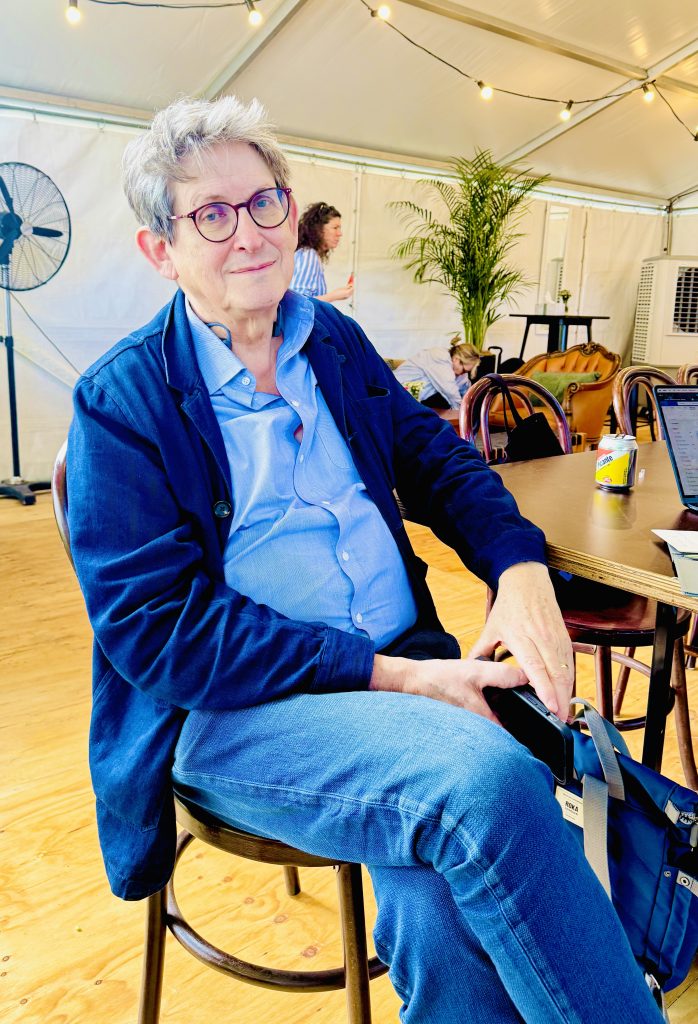
What was one of your worst moments at the paper?
Most of them I can’t tell you about! One that was awful was when we got into trouble over a story about Tesco and tax. It was very complicated. It turned out, almost nobody understood it. Once you get into those prolonged libel fights, they’re a nightmare. They consume all your waking hours and a lot of your sleeping hours. It becomes horrible and bitter and intractable. That was my worst one.
Is there anyone you’re really enjoyed interviewing?
I don’t find politicians great. They’re so well defended and they’ve done it all before, so you don’t get a lot. I once interviewed Yoko Ono, who I couldn’t get anything out of at all. Paul Weller was my only other rock star.
I did once interview an amazing pianist. She was a Holocaust survivor, had been in a concentration camp, and her family had all been killed in a Holocaust. She was 103 when I interviewed her, she played the piano every day, and she was the most cheerful woman I ever met. And she hadn’t been interviewed much if at all before. That discovery of an amazing story that has never been told before, from somebody who was prepared to talk very openly. That was one of my highlights.
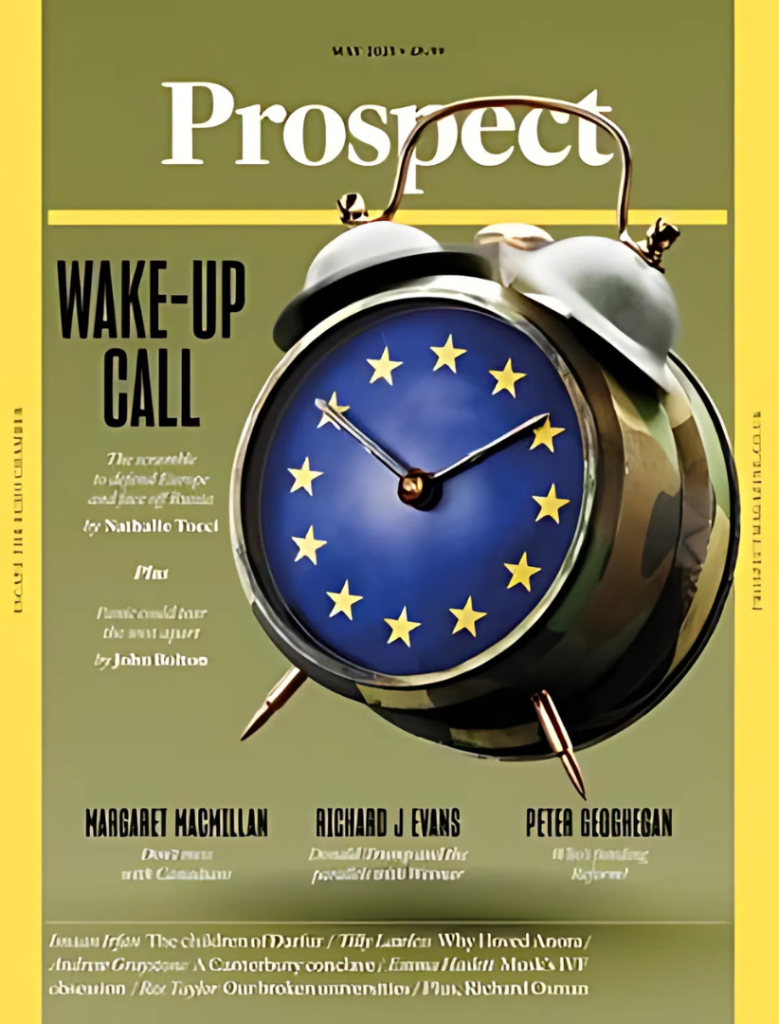
Did you have a mentor or someone who encouraged you in your career?
When I needed advice on the investigative side, I would get in touch with Harry Evans. He was amazing. He knew everything about journalism. He knew everything about design. He knew everything about writing, editing, how to crop a picture. He knew why investigative journalism mattered and how you had to stand your ground. He was tremendously energetic well into his eighties and nineties, and had such great enthusiasm and generosity. If you did something that that he admired it was better than getting any award or prize.
Are you connected to the Sir Harry Summit that takes place in London?
I go to it. I haven’t spoken at it, but I live in hope.
What old and new media are you consuming at the moment?
I scour the world for podcasts that are going to interest me. I read the New York Times, The New Yorker, and The New York Review of Books, all of which I think are sort of god- like publications that I really admire. No doubt, Irresistible Magazine will be next on my list.
What’s the advice you give to young people wanting to get into journalism?
About 20 years ago, someone said to me that everything is media. I didn’t understand it at the time, but of course, it’s clear now what they meant. Every school, arts organisation, pressure group, and activist group has a website. They often produce very good journalism- adjacent material. If your passion is the environment, for example, then work for the Greenpeace investigative newsroom, which is doing work that no other mainstream national papers are doing. If you want to change the world, if you want to resist, then don’t sit there trying to get a job on The Sunday Times or The Guardian. You’re unlikely to get a job like that straight away, and you might find local journalism a bit soul destroying. Go and do something with your passion, whatever that passion is, and if you’re good at it, then you can move and do that in multiple different ways. In whatever medium you want.
A certain kind of journalism is dying on its feet. I think the idea of being 16, 17, 18, or 20 years old, and saying- I can create the rules for a new kind of journalism, about things that I really care about- I mean, wow, that’s really exciting.
I come from a generation of what we now call gatekeepers. I was a gatekeeper. There were eight people who decided what the British public read on a daily basis, and I was one of them. We sat in a position of authority, not authority in a traditional sense, but we were on a platform above our audience. We handed down a sort of tablet of stone, and, amazingly, they paid us for it. If people disagreed with what we were saying, they could write a letter. I could decide whether to publish it or not. I was in control of the whole process. So when somebody told me that everything is media, it really took me a while to get it.
You’ve really been at the frontline for these massive changes in information delivery. How do you remember the beginning of those changes?
I think of 2006, 2007, when Facebook started, which was about the same time as the iPhone came out. Most people in news couldn’t see that this had anything to do with news. The thought that in 10 years, 2 billion people would be publishing their concept of news was baffling to most people. So this idea of media everywhere, being surrounded by it was new. For example the police became a media organisation. Journalists were affronted by it. It was our job to intermediate between the police and the public. It seemed wrong that the police would do that themselves. It didn’t make sense. Now everything is media and whether we like it or not, its the way the world is. So if you are 16 and you want to break into journalism, that’s probably not a bad way of doing it.
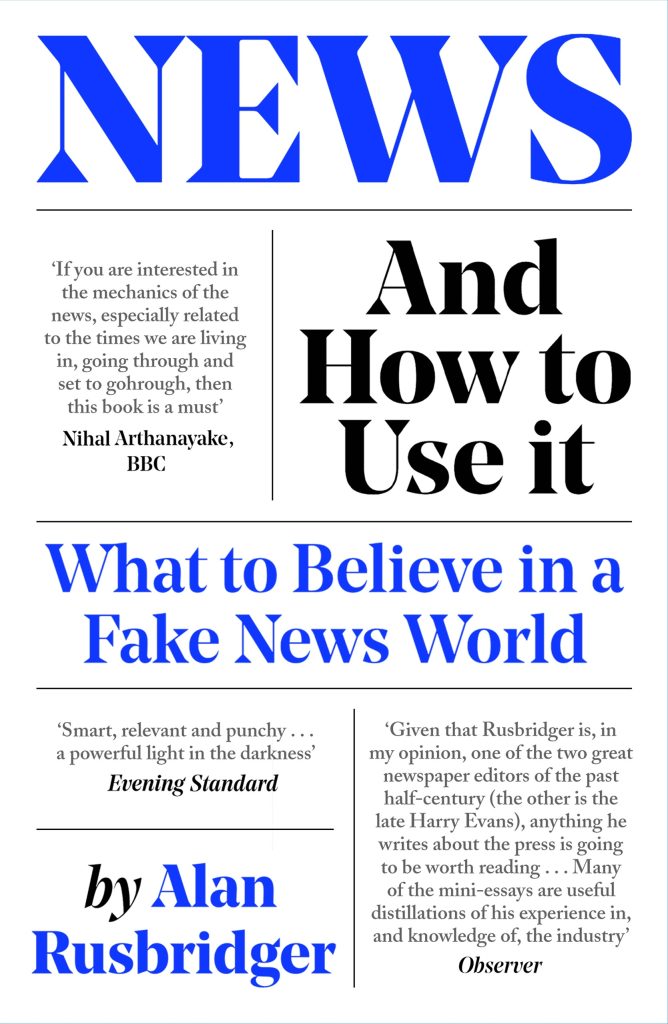
Who are your journalism Modern Heroes?
Maria Ressa, who won Nobel Prize is a hero. She’s amazing. David Remnick, who edits The New Yorker is another favourite. Whenever there’s a debacle in the Oval Office I drum the table and say- okay, I need to know what Remnick thinks about this. He always has the best take and he’s fearless. I really like Ezra Klein’s ability to take just one subject and one guest, and talk for 60 or 70 minutes in a way that feels unstructured. He’s a very good listener and you don’t feel he has a script in front of him. I think Substack as as a medium incredibly interesting. There’s someone like Paul Krugman, who was a New York Times op-ed columnist and commentator who walked out and said – I could do more interesting stuff on my own. Lots of fascinating things happening.
A lot of stories mainly consist of outrage on both sides of debates, which is just feeding hate and fear and division. Do you think journalism should move past that to offer an alternative for people?
Reporting should just say – this happened – I was there – this is what was said. You establish the facts. I’ve got no objection to people being outraged by those facts, I think it would be odd if they weren’t. One of the differences now is that not everyone still believes in facts. We can still say there was an insurrection on January 6th, people got hurt, and it was an attempt to overthrow the government. Whereas others will tell a bunch of lies about that. There isn’t an equivalence between the two sides.
How much of a problem is media literacy, do you think?
If I was Prime Minister for a day, I would immediately start media literacy in schools. I think a lot of kids, by the time they get their smartphones and other tech are not well trained in working out what’s true and what’s not. Once a year I take a class at Oxford. These are uni students. Bright kids. I usually begin by asking them to bring something from the news that’s caught their eye. We look at it and I say- Great- where did that come from? They’ll say as often as not, Facebook or Youtube. And then I say – Okay, where did it come from before that? And the look on their faces, is – what on earth do you mean? And this is at Oxford. I explain that Facebook doesn’t have any reporters and it’s come from somewhere- and then I ask them to find out.
By the time children are thirteen I’d like them to be thinking -where has this come from? Who owns it? What is their motive? Have they separate fact from comment? Is this an ideologue? I mean, just asking basic questions – the way that they would in their academic world. Then you’ll build up a generation that is resilient. ? It’s desperately needed. Education is one of the most important answers to today’s problems.
You sit on the Facebook Oversight Board. How does the responsibility of tech companies and individual responsibility intersect?
What moderators do on Facebook is great, but if you’ve got half a billion bits of content being generated every day, there’s no moderation team in the world or even AI system that can catch up. So every individual user on Facebook or wherever has a role to play. They’re either part of the problem because they are spreading things that aren’t true. Or their part of solution because they’re pointing out that something isn’t true.
What are you looking forward to while you’re here in Australia?
This is the first time I’ve been to Adelaide so that has been fun. I’ll be going to Sydney for some events at University of Sydney, and I will be catching up with our Prospect columnist Tilly Lawless. I love Sydney I think it’s a great city. I wish I could spend more time here. I do have a spare night so I’m going to check out what is on at the Opera House.




